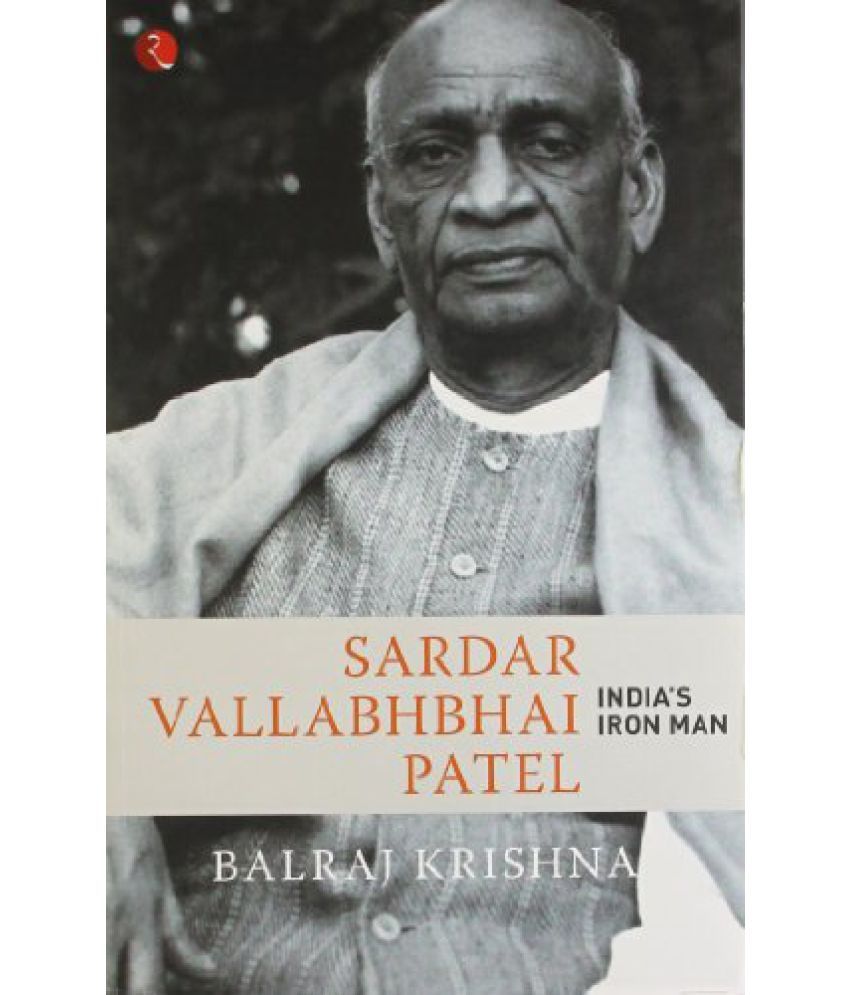India's fight for freedom began within two decades of her crushing defeat in the Mutiny of 1857, also called India's First War of Independence. In his great pride of a conqueror, Lord Lawrence Humiliatingly asked the Indians: 'Will you be governed by the pen or the sword?' The British, nevertheless could not crush their spirit. It lay dormant over the next two decades, but re-emerged first in 1875 with Bankim Chandra Chatterji's immortal national hymn Bande Mataram. The second was in 1876 with Surendranath Banerjea emerging as Father of Political Consciousness. Finally, it was Gandhi as the Father of Mass Awakening. India's fight for freedom changed its ideology as time permitted: first with the Moderates, followed by the Extremists. At the end came Gandhi to turn the fight into a mass struggle, which continued till India emerged as a free nation in 1947. Outside these three groups were Independents of equal eminence who contributed to India's freedom struggle in their ways. Additionally, as Great Indians, the author has included Jamsetji Tata. He was a pioneer in hydropower generation and steel manufacture, besides other contributions, especially in sciences and education, which changed the face of Indian economy.

